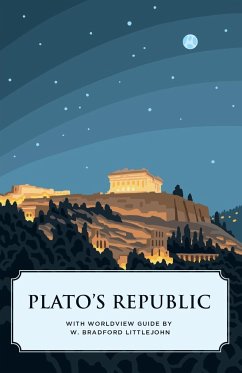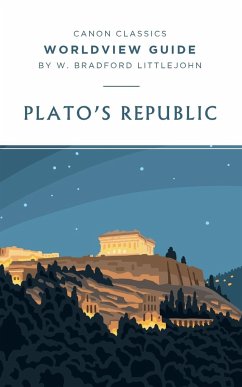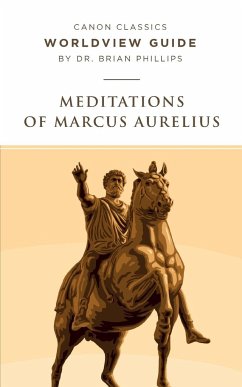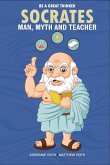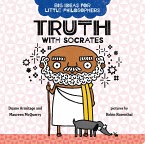"The safest general characterization of the European philosophical tradition is that it consists of a series of footnotes to Plato." -Alfred North Whitehead "You'd never know Athens was locked in a life-or-death struggle from the tranquil and leisurely philosophical discussion that unfolds through the pages of the Republic ...Plato's masterpiece continues to inform our questions and our thinking when it comes to being, truth, beauty, goodness, justice, community, the soul, and more." -From Dr. Littlejohn's Introduction On the way back from a festival, Socrates is waylaid by some friends who compel him to go home with them. There he and his companions engage in a long discussion about whether it is worse to suffer evil or to commit it. Far from being dry or abstract, Plato's dialogue is full of practical questions about the nature of justice, education, power, and virtue, and it ends with two of the most vivid myths ever devised by man. This Canon Classic is translated clearly by Benjamin Jowett, and unlike all other works of philosophy, it's actually fun to read. The Canon Classics series presents the most definitive works of Western literature in a colorful, well-crafted, and affordable way. Unlike many other thrift editions, our classics are printed on thicker text stock and feature individualized designs that prioritize readability by means of proper margins, leading, characters per line, font, trim size, etc. Each book's materials and layout combine to make the classics a simple and striking addition to classrooms and homes, ideal for introducing the best of literary culture and human experience to the next generation. This Worldview Edition features an introduction divided into sections on The World Around, About the Author, What Other Notables Said, Setting, Characters, & Plot Summary, Worldview Analysis, and 21 Discussion Questions & Answers.

